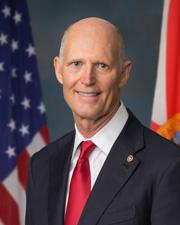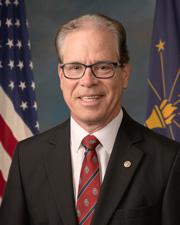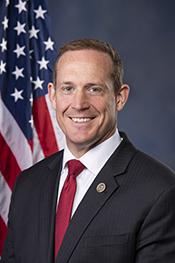0
0
0
Stop Taxpayer Funding of Hamas Act
3/14/2024, 10:22 AM
Summary of Bill S 489
Bill 118 s 489, also known as the Stop Taxpayer Funding of Hamas Act, is a piece of legislation introduced in the US Congress. The main purpose of this bill is to prevent any taxpayer funds from being used to support Hamas, a Palestinian militant group designated as a terrorist organization by the US government.
The bill aims to achieve this by prohibiting any federal funds from being provided to any individual or organization that has known ties to Hamas. It also requires the Secretary of State to submit a report to Congress detailing any foreign aid provided to entities with connections to Hamas.
Additionally, the bill calls for the imposition of sanctions on any foreign government that provides support to Hamas. These sanctions could include restrictions on foreign aid, trade, and diplomatic relations. Overall, the Stop Taxpayer Funding of Hamas Act seeks to ensure that US taxpayer dollars are not inadvertently supporting terrorist activities. It is a bipartisan effort to protect national security interests and prevent the flow of funds to terrorist organizations.
The bill aims to achieve this by prohibiting any federal funds from being provided to any individual or organization that has known ties to Hamas. It also requires the Secretary of State to submit a report to Congress detailing any foreign aid provided to entities with connections to Hamas.
Additionally, the bill calls for the imposition of sanctions on any foreign government that provides support to Hamas. These sanctions could include restrictions on foreign aid, trade, and diplomatic relations. Overall, the Stop Taxpayer Funding of Hamas Act seeks to ensure that US taxpayer dollars are not inadvertently supporting terrorist activities. It is a bipartisan effort to protect national security interests and prevent the flow of funds to terrorist organizations.
Congressional Summary of S 489
Stop Taxpayer Funding of Hamas Act
This bill prohibits obligating or expending U.S. funds in Gaza unless the President makes certain certifications.
Specifically, it prohibits such expenditures unless the President certifies that the funds will not benefit Hamas, Palestinian Islamic Jihad, other foreign terrorist organizations, or their members. The bill also prohibits obligating or expending funds in Gaza through any United Nations entity or office unless the President certifies that the entity or office is not encouraging or teaching anti-Israel or anti-Semitic ideas or propaganda.
Read the Full Bill
Current Status of Bill S 489
Bill S 489 is currently in the status of Bill Introduced since February 16, 2023. Bill S 489 was introduced during Congress 118 and was introduced to the Senate on February 16, 2023. Bill S 489's most recent activity was Read twice and referred to the Committee on Foreign Relations. as of February 16, 2023
Bipartisan Support of Bill S 489
Total Number of Sponsors
1Democrat Sponsors
0Republican Sponsors
1Unaffiliated Sponsors
0Total Number of Cosponsors
10Democrat Cosponsors
0Republican Cosponsors
10Unaffiliated Cosponsors
0Policy Area and Potential Impact of Bill S 489
Primary Policy Focus
International AffairsAlternate Title(s) of Bill S 489
Stop Taxpayer Funding of Hamas Act
Stop Taxpayer Funding of Hamas Act
A bill to prohibit any direct or indirect United States funding for the territory of Gaza unless certain conditions are met.
Comments
Sponsors and Cosponsors of S 489
Latest Bills
Providing for consideration of the bill (H.R. 2550) to nullify the Executive Order relating to Exclusions from Federal Labor-Management Relations Programs, and for other purposes.
Bill HRES 432December 11, 2025
Southcentral Foundation Land Transfer Act of 2025
Bill HR 3620December 11, 2025
Enduring Justice for Victims of Trafficking Act
Bill S 2584December 11, 2025
VSAFE Act of 2025
Bill S 2683December 11, 2025
Veterans National Traumatic Brain Injury Treatment Act
Bill S 2737December 11, 2025
CARING for Our Veterans Health Act of 2025
Bill S 2397December 11, 2025
Health Records Enhancement Act
Bill S 2333December 11, 2025
RESPECT Act of 2025
Bill S 2807December 11, 2025
Review Every Veteran’s Claim Act of 2025
Bill S 1657December 11, 2025
ARCA Act of 2025
Bill S 1591December 11, 2025
Stop Taxpayer Funding of Hamas Act
Bill HR 5996December 15, 2023





